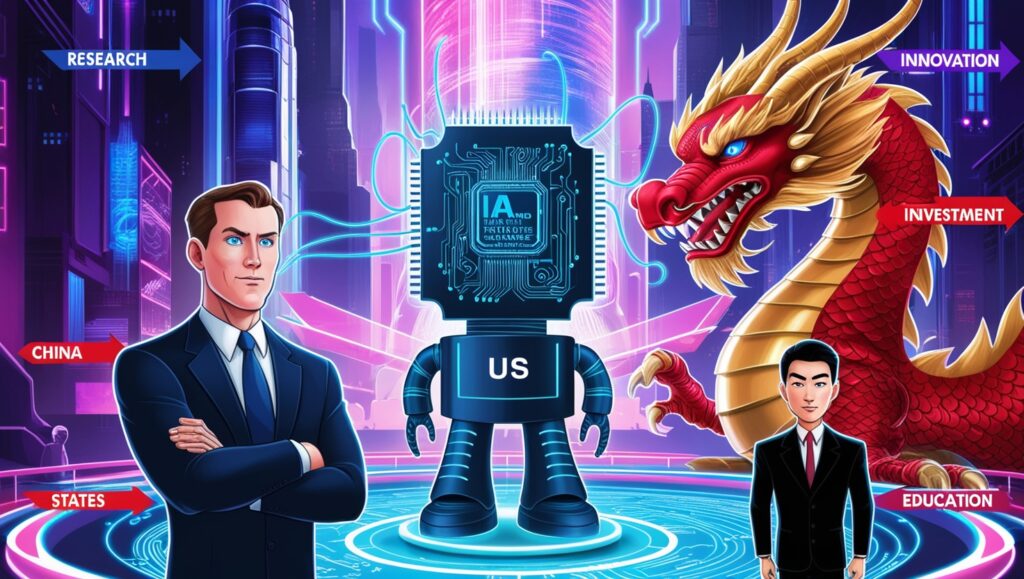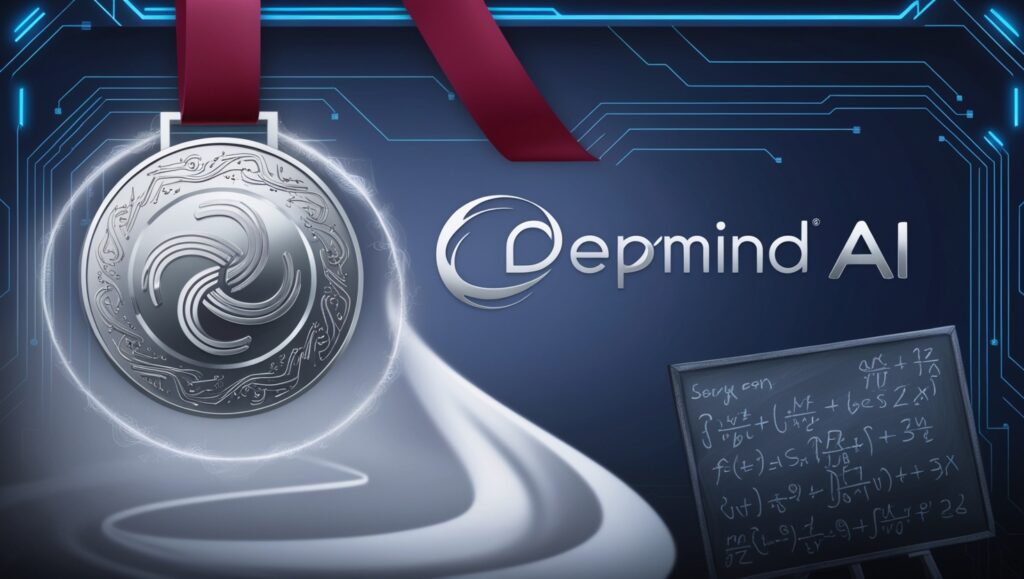Artificial intelligence is expanding its presence in the field of health care and assisting in streamlining medical procedures, including the development of new medications.
A new AI-designed medicine for COVID-19 has entered Phase I clinical trials, according to Insilico Medicine, a Hong Kong- and New York City-based biotech business.
This oral medication is a cure, not a preventative measure. Alex Zhavoronkov, PhD, the creator and CEO of Insilico Medicine, highlighted that if approved, it would be the first Paxlovid substitute ever.
In a news statement reporting the new finding, Zhavoronkov stated that generative AI is revolutionizing every aspect of human growth.
They are overjoyed to report that our second small molecule therapy, which was created using generative AI, has begun human clinical trials.
The sole drug now available to treat COVID symptoms, paxlovid, has been associated with a few unfavorable side effects, according to Insilico.
One of these is known as “Paxlovid rebound,” which occurs when patients recover from COVID and test negative but then test positive again shortly after.
“Paxlovid mouth,” another known side effect, is when a person takes a medication and experiences an unfavorable aftertaste in their tongue.
The possibility of drug-resistant forms of COVID emerging when COVID mutates is another drawback of Paxlovid.
According to Zhavoronkov, the new medication from Insilico has been proved to be effective against Paxlovid-resistant versions and to be more stable and to last longer.
According to the company’s press announcement, ISM3312 “significantly reduced” viral load in lung tissue and lung inflammation in preclinical studies.
The target protein within the coronavirus was initially discovered by Insilico’s research team using PandaOmics, the platform’s target finding method.
In order to treat COVID and other coronaviruses, it then created novel compounds using its in-house “generative chemistry platform,” Chemistry42.
In February 2020, the effectiveness of one “hit molecule,” ISM3312, was demonstrated.
The business later submitted a patent application for the medication in April 2020.
According to report, the medication has been proven to be effective against all variations as well as other coronaviruses that cause illnesses including Middle East respiratory syndrome (MERS) and severe acute respiratory syndrome (SARS).
The recently discovered chemical from Insilico has demonstrated to have “broad antivirus activity against numerous strains and variants, he said.
According to Zhavoronkov, another advantage of the new medicine is that it will be simple to manufacture in substantial quantities.
He claimed that their molecule just needs a two-step procedure employing basic, readily available starting components.
A Phase 1 research is now being conducted on ISM3312 to examine the medication’s safety and tolerability in healthy volunteers.
Currently, the substance is also being tested against the EG.5 COVID version.
By the end of 2023, it is anticipated that the clinical trial results will be made public.
Further choices concerning evaluating the drug in patients with coronavirus infections will be made after the Phase 1 healthy volunteer research is finished, according to Zhavoronkov.
The research team at Insilico thinks its new medicine is a shining example of how AI is accelerating the development of new, more potent treatments for COVID.
Zhavoronkov told that they cannot afford to disregard COVID as a problem of the past.
He continued, Generative AI provides with a potent tool for speeding up the drug discovery process and enables them to quickly identify new solutions that we hope can provide more potent defenses against mutating COVID strains and prevent another pandemic.
ISM3312 represents a “significant step forward” in the fight against COVID-19 and the use of AI for drug discovery, according to Dr. Harvey Castro, a board-certified emergency medicine physician and national speaker on the topic in Dallas, Texas. Despite the fact that he was not involved in the study.
However, he made the point that “doctors should exercise caution.
ISM3312, an AI-generated drug, opens up new treatment options for medical professionals, but it’s important to stay current on ISM3312’s clinical trials and research data and take the patient’s current medication regimen into account before prescribing a new drug, he told.
Castro claimed that for patients, ISM3312 “represents hope.”
But he also stressed the importance of speaking with medical professionals for personalized guidance and keeping up with the most recent developments in the field and the outcomes of the drug’s clinical trials.
Castro added, “While this new drug offers a hopeful alternative to treating the virus, more thorough clinical trials and international regulatory approvals are needed to confirm its efficacy and safety.”








